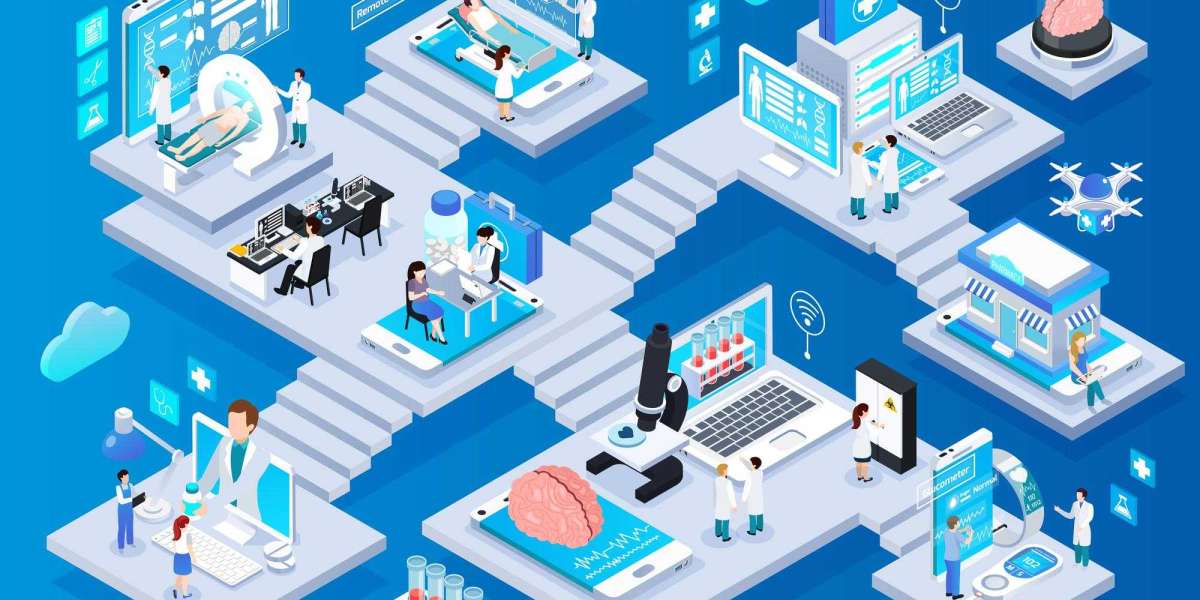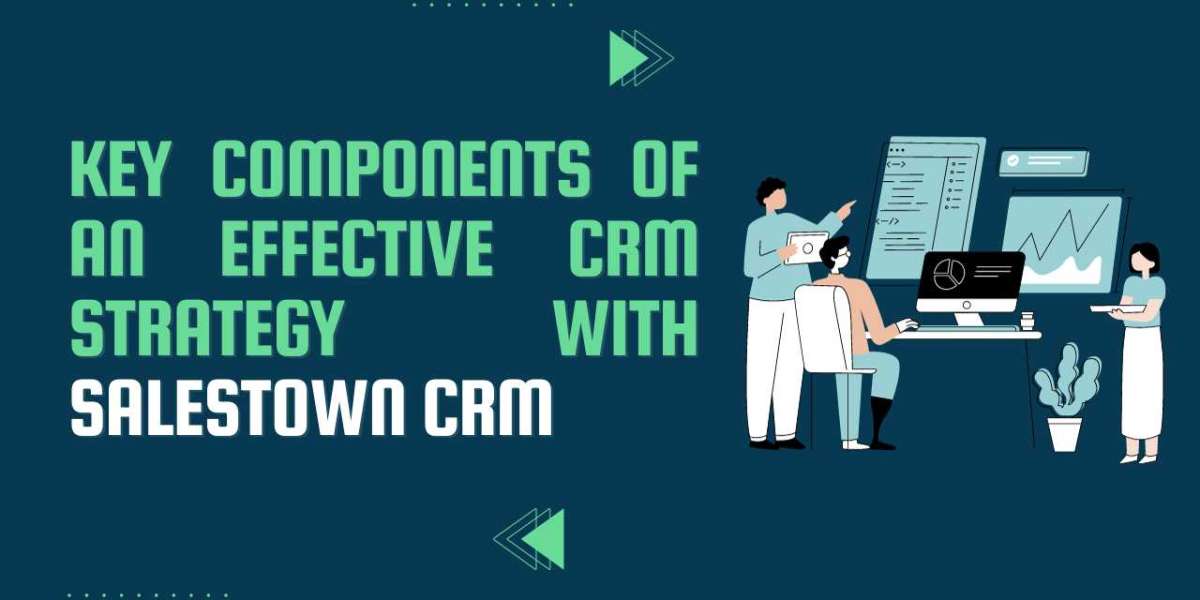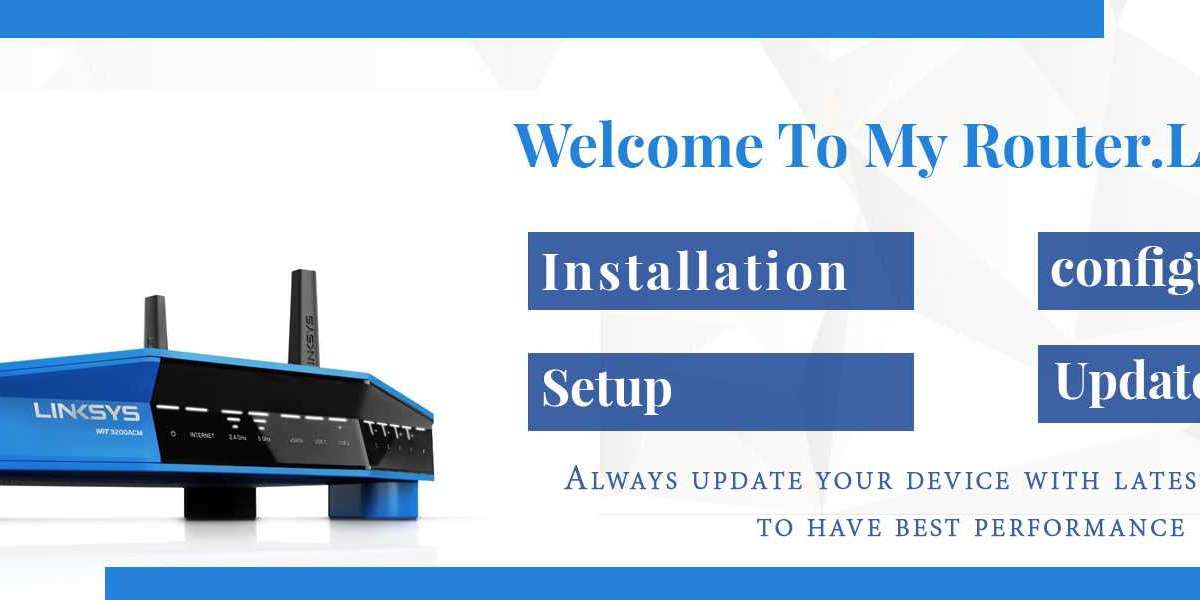Introduction
In the digital age, healthcare has witnessed a transformative shift with the integration of technology, particularly mobile applications. These healthcare apps have made it easier for patients to access medical information, monitor their health, and even consult with healthcare professionals remotely. However, with the convenience of healthcare apps comes the responsibility of safeguarding sensitive patient data. This is where the Health Insurance Portability and Accountability Act (HIPAA) comes into play. In this article, we will delve into the crucial aspects of HIPAA-compliant app development and the steps necessary to ensure data security in healthcare.
Understanding HIPAA
HIPAA, enacted in 1996, is a landmark legislation in the United States that established comprehensive guidelines for the protection of patient health information. Its primary objective is to ensure the confidentiality, integrity, and availability of protected health information (PHI) while allowing for the sharing of healthcare data as needed for patient care and other legitimate purposes. HIPAA sets forth stringent standards and regulations that healthcare organizations, including app developers, must adhere to when handling PHI.
Key Principles of HIPAA-Compliant App Development
- Data Encryption: One of the fundamental requirements of HIPAA compliance is the encryption of PHI. Any data transmitted or stored within the app must be encrypted to prevent unauthorized access. Utilizing strong encryption algorithms ensures that even if data is intercepted, it remains unreadable to unauthorized users.
- Access Control: HIPAA mandates strict access controls to limit who can access patient data. App developers should implement role-based access control (RBAC) systems, ensuring that only authorized personnel can view, edit, or share PHI. This helps protect against insider threats and data breaches.
- Secure Authentication: Strong user authentication is essential to ensure that only authorized users can access the app. Multi-factor authentication (MFA) adds an extra layer of security, requiring users to verify their identity through multiple means, such as passwords and biometrics.
- Audit Trails: HIPAA-compliant apps must maintain detailed audit trails that record all access and modifications to PHI. These logs are crucial for tracking any unauthorized access or data breaches and for demonstrating compliance during audits.
- Data Backup and Recovery: To safeguard against data loss, healthcare apps must regularly back up patient data and implement disaster recovery plans. This ensures that critical patient information can be restored in the event of a system failure or cyberattack.
- HIPAA Training and Awareness: Developers and healthcare staff should undergo HIPAA training to understand the importance of data security and compliance. Maintaining a culture of awareness is essential in preventing accidental data breaches.
- Secure Communication: All data exchanges between the app and healthcare systems must occur through secure channels, such as encrypted connections (HTTPS). Secure messaging within the app is also crucial for maintaining patient privacy.
Challenges in HIPAA-Compliant App Development
Developing a HIPAA-compliant healthcare app presents unique challenges, including:
- Regulatory Complexity: Staying up-to-date with evolving HIPAA regulations and ensuring compliance can be complex and time-consuming.
- Data Interoperability: Ensuring that the app can securely exchange data with various healthcare systems, such as electronic health records (EHRs), while maintaining security is a significant challenge.
- Scalability: Healthcare apps must be designed to scale as user numbers grow, without compromising data security or performance.
- User Experience vs. Security: Striking a balance between delivering a user-friendly experience and maintaining robust security measures is a continuous challenge.
Conclusion
HIPAA-compliant app development is a multifaceted process that demands a deep commitment to data security and patient privacy. By following the principles outlined earlier, obtaining certification, maintaining ongoing compliance, utilizing secure cloud solutions, and conducting thorough security testing, healthcare app developers and healthcare application development services can build robust applications that empower patients and healthcare providers while upholding the highest standards of data security and privacy. Ultimately, the successful development of HIPAA-compliant healthcare apps contributes to the advancement of modern healthcare while preserving patient trust and confidentiality.



